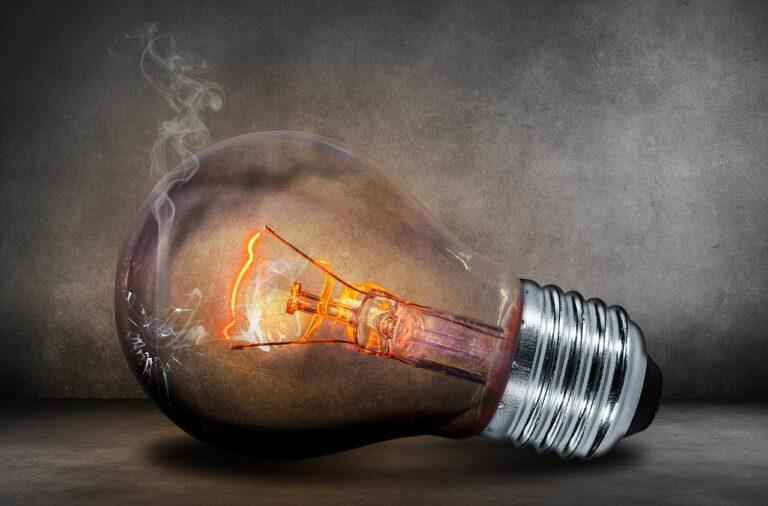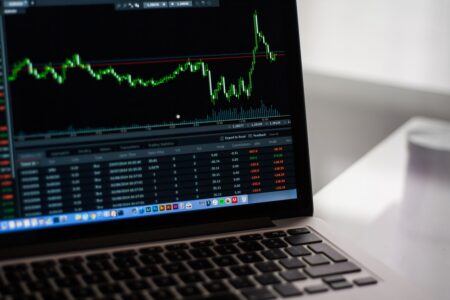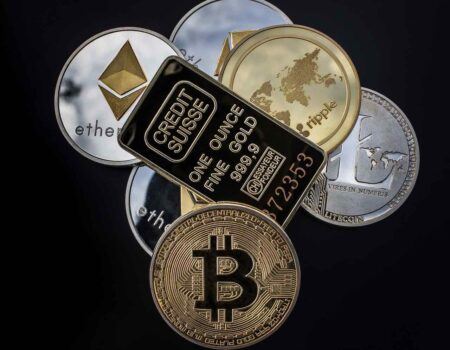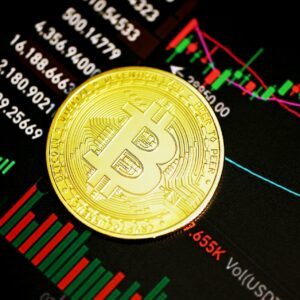Lition, a “public-private blockchain with deletable data features, made for commercial products”, has been granted a license to operate as a energy supplier in Germany.
The company has clients in 12 German cities including Munich, Berlin, and Hamburg. According to Lition’s official website, it has developed an Ethereum-based decentralized energy marketplace – which connects consumers directly energy suppliers.
Notably, there are currently over 700 German households using Lition’s blockchain-based platform to purchase energy. The company noted that it is using distributed ledger technology (DLT) to help it “bypass unnecessary middlemen” in order to reduce the cost of supplying energy to users.
Selling Directly To Consumers
The traditional method of energy distribution involves the supplier selling electric, solar or any other type of energy to an intermediary – which is usually a large, multinational firm. These firms then sell energy to individual consumers.
Richard Lohwasser, the CEO of Lition, explained that multinational intermediaries usually do not give their customers enough options in what type of energy products and packages they can purchase. Large and centralized suppliers have also created monopolies – which gives them a lot of control over the energy distribution process.
In order to create a consumer-friendly energy marketplace, Lition aims to eliminate large companies from the supply channel as its “energy exchange connects customers and producers directly. Producers put their energy on the exchange and then customers can buy it.”
Cutting Out Costly Middlemen
Lohwasser, a business administration and computer science graduate, told Coindesk:
Usually buying directly from producers is limited to energy suppliers that are big corporations. We're bringing the exchange to the consumer, so consumers can pay for the energy they want.
According to Lition, eliminating intermediaries allows consumers to save about 20 percent on their electricity bills while also allowing power plant owners to earn 30 percent more revenue. This, despite Lition dealing mainly in “green energy” – which is more eco-friendly but usually more expensive.
Lition’s users are able to select which type of energy they would like to use through an app. At present, consumers may choose to use biomass, solar, or wind energy and they are also able to choose which provider they want to buy from.
Using “Green Energy”
After users have selected their energy provider, they are able to pay Lition for the service in Euros. The purchase orders are processed automatically by an Ethereum-based smart contract – which allows consumers to start using the energy they’ve paid for.
Lition’s official website notes:
Lition's …. blockchain technology simplifies the process of buying energy directly from green producers of any scale by employing transparent smart contracts that allow consumers to circumvent all of the complexity of energy distribution brokers.
Ethereum Is Too Slow, But Maybe Best Option For Now
Currently, Lition’s services are only available to citizens of Germany, however, Lohwasser said the company plans to expand its operations to other countries in the future. Commenting on the present challenges associated with using Ethereum – which has become too congested and is experiencing scalability problems, Lohwasser said:
Ethereum is not a good system. It's very slow. It takes 20 to 30 seconds to tell a customer whether they can buy energy or not … [Other blockchains] have their drawbacks.
He added that if you are going to use a private blockchain, then “You might as well not have a blockchain.”









